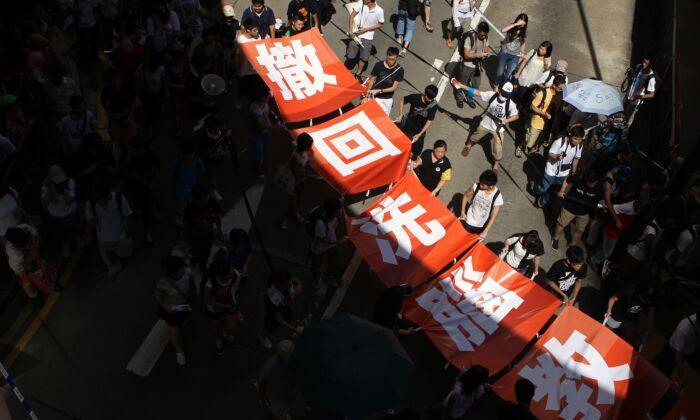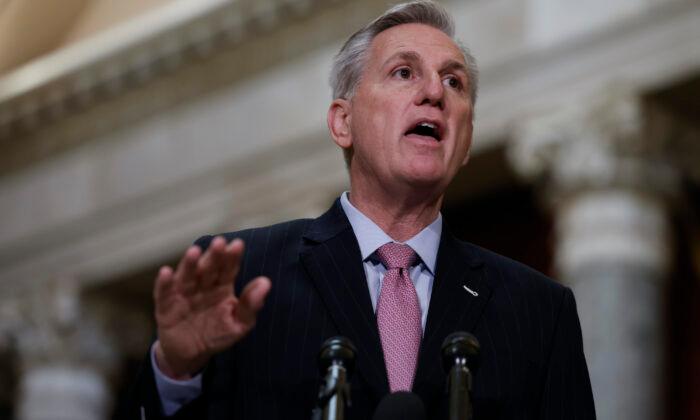The after-school education market in China was shaken after Chinese Communist Party (CCP) head Xi Jinping, criticized profit-making after-school programs in mainland China during the “Two Sessions.”
The “Two Sessions” are annual plenary sessions of China’s National People’s Congress and the Chinese People’s Political Consultative Conference (CPPCC), which make national-level political decisions.
On March 8, Ni Minjing, deputy director of the Shanghai Municipal Education Commission, joined a discussion on “a complete ban on after-school training institutions,” during a live program of the “Two Sessions.”
It was not only limited to Beijing.
“This has not happened before,” she said.
After-School Programs Pose Weakness to Communist Brainwashing
A China expert suggests the CCP’s move is paving the way for the complete brainwashing of students with communist ideology.China expert Xue Chi told The Epoch Times that although there’s a lot of turnover in China’s after-school education industry, such a sweeping shutdown was rare and may indicate some hidden political motive. He said he suspects what he calls “complete brainwashing.”
“The CCP regards ideology and education as a strategic ‘ideological battleground.’ ... After-school training has something special: students’ desire for knowledge and to uphold a sense of justice. The CCP is particularly wary of these things,” Xue said.
He mentioned the term “seven speak-nots” in the CCP’s education system. “No one is allowed to talk about universal values, freedom of the press, civil society, citizen rights, past mistakes of the Communist Party, the privileged capitalist class, and judiciary independence.”
In 2019, the CCP’s Ministry of Education moved to suspend advanced placement tests in four subjects in mainland China by 2020, including U.S. history, world history, European history, and human geography. These courses were designed to help secondary school students ease the academic workload and better adapt to U.S. universities.
In 2018, the Ministry of Education requested local departments to scrutinize textbooks of primary and secondary schools and to ban school-based curricula textbooks (curricula determined by the school itself), and overseas textbooks.
Xue said the fundamental motive has its roots in vigilance over and the rejection of Western values, especially those of the United States. He described those unmonitored after-school operators as undermining the CCP’s ideological firewall.




